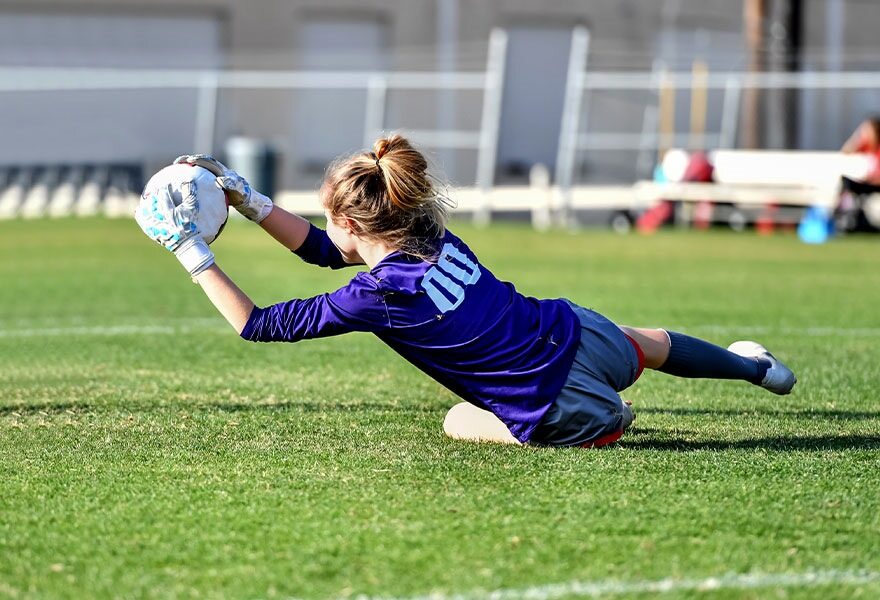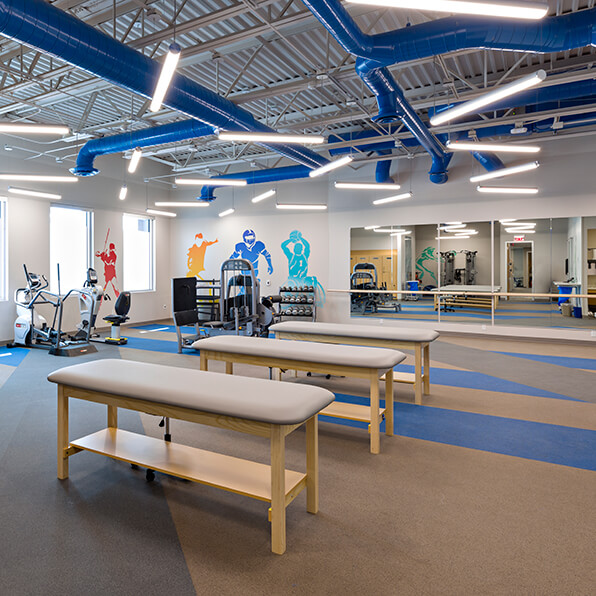Many parts of the U.S. are experienced scorching hot temperatures as a heat dome settled in over the West and Southwest. However, no matter the location, summer heat and humidity can cause people to experience heat-related illness.
But people can take steps to avoid a trip to the emergency department for heat-related illness.
Dr. Michael Boniface, an emergency medicine physician, says a wide variety of heat-related illness can exist, and the terminology can be confusing.
Watch: Dr. Boniface shares tips on staying healthy during extreme heat.
“You may hear heat stroke, heat exhaustion, but really all you need to remember is that if you’ve been exposed to heat and humidity, and you’re feeling poorly in any way, the very first step is to remove yourself from that environment,” Dr. Boniface explains.
If you think you’re experiencing heat exhaustion:
- Stop all activity and rest.
- Move to a cooler place.
- Drink cool water or sports drinks.
Once removed from the environment, try to cool down, stay hydrated and reassess your symptoms.
“As with any other emergency, whether it’s from heat or not, if you start to experience chest pain, shortness of breath, lethargy, confusion or stroke like symptoms, including weakness, numbness or difficulty with speech or swallowing, you need to seek emergency care immediately,” says Dr. Boniface.
Besides hot weather and strenuous activity, other factors that can increase the risk of heat exhaustion include:
- Dehydration, which reduces your body’s ability to sweat and maintain a normal temperature.
- Alcohol use, which can affect your body’s ability to regulate your temperature.
- Overdressing, particularly in clothes that don’t allow sweat to evaporate easily.
- Advanced age and certain medications, which can affect your body’s ability to regulate your temperature.
Dr. Boniface says it’s easy to become dehydrated, even under normal circumstances. While there’s no easy answer as to how much water people should drink to stay hydrated in the heat, he agrees that people probably don’t drink as much as they should.
“While it’s true that a lot of people don’t drink as much water as they should, myself included after working a long shift in the Emergency Department, you really want to listen to your body. Thirst, dry mouth, the frequency and color of your urination, these are things you want to be mindful of and adjust accordingly, especially if you’re experiencing more outdoor activities,” says Dr. Boniface.
While spending time outdoors has many mental and physical benefits, it’s especially important during warm and humid summer months to take some precaution. Besides staying hydrated, Dr. Boniface recommends using sunscreen and intermittent activity with built-in rest.
___
For the safety of its patients, staff, and visitors, Mayo Clinic has strict masking policies in place. Anyone shown without a mask was recorded prior to COVID-19 or recorded in an area not designated for patient care, where social distancing and other safety protocols were followed.
Originally posted on the Mayo Clinic News Network.






